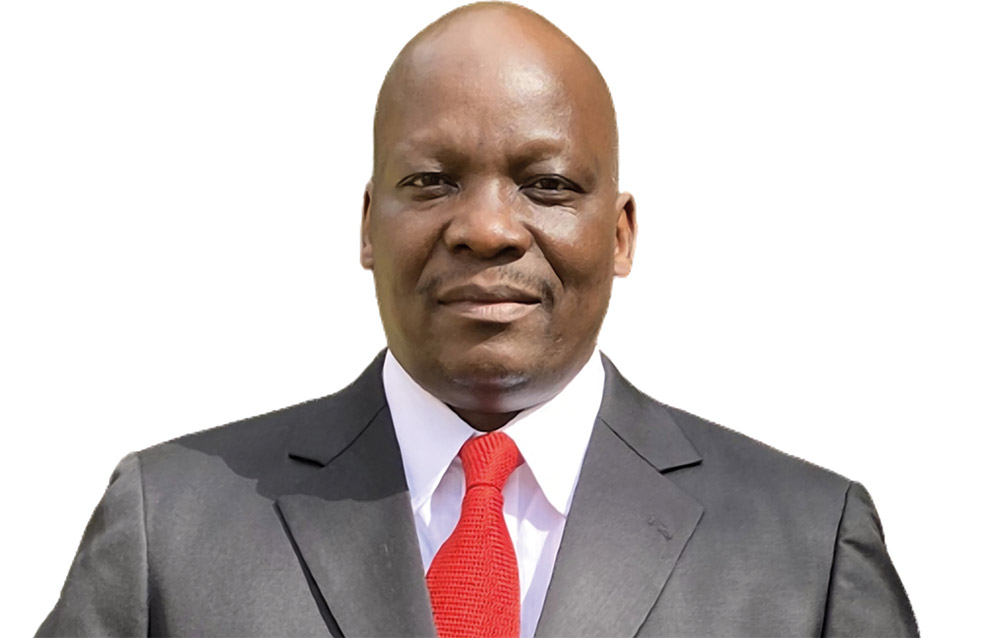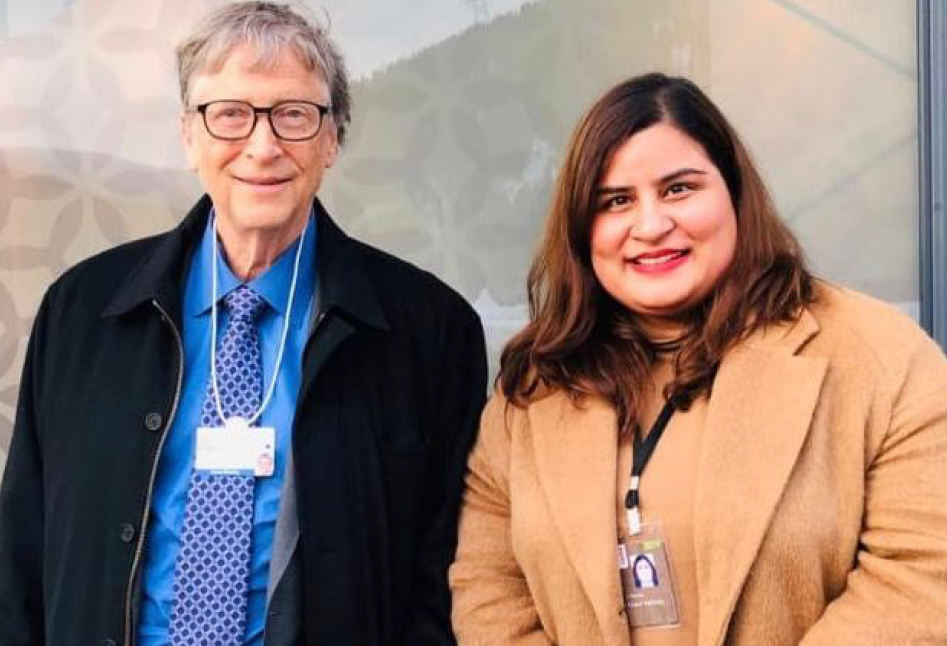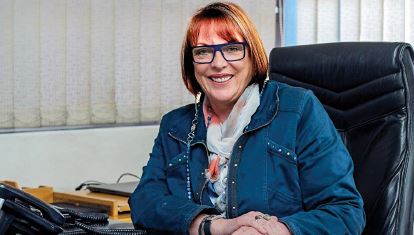[vc_row][vc_column width=”1/2″][vc_column_text]
Zimbabwe
Zimbabwe was the 98th largest economy in the world by nominal GDP in 2018. Its GDP per capita was $2,147 USD. Personal remittance were around 6 percent of GDP in 2018. It was ranked 114th in the World Bank's Human Capital Index and 95th in the Economic Complexity Index in 2017. It is a member of the Southern African Development Community and the African Union. Services was the largest economic sector in 2018 (45.7 percent of GDP), followed by manufacturing (8.2 percent), and agriculture (12.1 percent). In 2017, the largest export sectors were agriculture (48.9 percent), services (15.2 percent), stones (15.11 percent), and minerals (9.12 percent). The largest individual exports were unmanufactured tobacco (35.9 percent), gold (7.8 percent), diamonds (6.9 percent), transport services (6.02 percent), and travel and tourism (5.4 percent). Its largest export partners were China (35.4 percent), UAE (14.9 percent), and South Africa (7.27 percent). The largest goods imports were electrical energy (4.1 percent), packaged medicaments (3.36 percent), and transmission apparatus for radio, televisions, and telephones (3.08 percent). In 1889, the British South Africa company was granted control over Southern Rhodesia (now Zimbabwe). Their control lasted until 1922 when Southern Rhodesia gained self-rule. Gold was the main export at this time, but tobacco was introduced and displaced gold as the main export by the 1950s. In 1930, the government introduced the Land Apportionment Act, which gave white farmers preferential access to land. In 1953, the British engineered a federation between Southern Rhodesia, Nyasaland (Malawi), and Northern Rhodesia (Zambia). The federation is dissolved in 1963, when Zambia and Malawi declared independence. Ian Smith declared independence for Southern Rhodesia in 1965 under white minority rule despite British and international protests. Black nationalists, ZANU and ZAMU, responded with a guerrilla campaign. The guerrillas were partly armed and trained by the Soviets, Chinese, and Cubans. The international community responded with sanctions. The government responded to the sanctions with an import-substitution policy. The economy initially weathered the conflict and sanctions but by the late 1970s it was struggling. In 1979, a settlement was reached between the government and guerrillas. In 1980, Robert Mugabe of ZANU was elected in free elections. The country was renamed Zimbabwe. In 1997, Mugabe began a land redistribution program which led to violence and economic crisis. In 2017, Mugabe was forced to resign by the military. The new government has begun working with the IMF to improve macroeconomic stability, but needs to stay the course.
[/vc_column_text][vc_column_text] Its population in 2018 was 16,913,261 [1]
Its population in 2018 was 16,913,261 [1]
 In 2015, 81.80% of its total energy
In 2015, 81.80% of its total energy
consumption was renewable [2]
 In 2021, its GDP grew by 5.85% [2]
In 2021, its GDP grew by 5.85% [2]
 In 2021 it had a positive Current
In 2021 it had a positive Current
Account Balance of US$bn 1.17 [3]
What free trade areas or economic unions is it a member of?
Member of the African Continental Free Trade Area (AfCFTA) since 01/04/2019
Other members:
Benin, Burkina Faso, Cameroon, Chad, Congo, Côte d'Ivoire, Djibouti, Egypt, Equatorial Guinea, Eswatini, Ethiopia, Gabon, Gambia, Ghana, Guinea, Kenya, Mali, Mauritania, Namibia, Niger, Nigeria, Rwanda, Sao Tome and Principe, Senegal, Sierra Leone, South Africa, Togo, Uganda, Western Sahara
What trade deals are there between African Continental Free Trade Area and other countries and economic unions?
None
[/vc_column_text][vc_column_text]What trade deals are there with other countries and economic unions?
Namibia - Zimbabwe free trade agreement (from 30/04/1993)
Common Market for Eastern and Southern Africa (from 08/12/1994)
Southern African Development Community (from 01/09/2000)
EU - Eastern and Southern Africa States free trade agreement (from 07/02/2019)
ESA - UK economic partnership agreement (from 01/01/2021)
[/vc_column_text][/vc_column][vc_column width=”1/2″][vc_column_text]Platinum Groupe Shows its Mettle by Growing In-line with its Clients
Dr Chitwan Malhotra: Healthcare Hands Meet Across the Waters in Push for Rebuild
CFI.co Meets the CEO of Edgars Stores: Linda Masterson
Peter Carington: The Sole Survivor of a Bygone Era
Wole Soyinka: A Literary Thorn in the Side of Power
CFI.co Meets the Managing Director of African Century Leasing: Stanley Matiza
CFI.co Meets Dzika Danha
Trade with the United Kingdom
Source: UK Office for National Statistics, October 2022.
Contains public sector information licensed under the Open Government Licence v3.0.
Loading, Please Wait!
This may take a second or two.






















































































